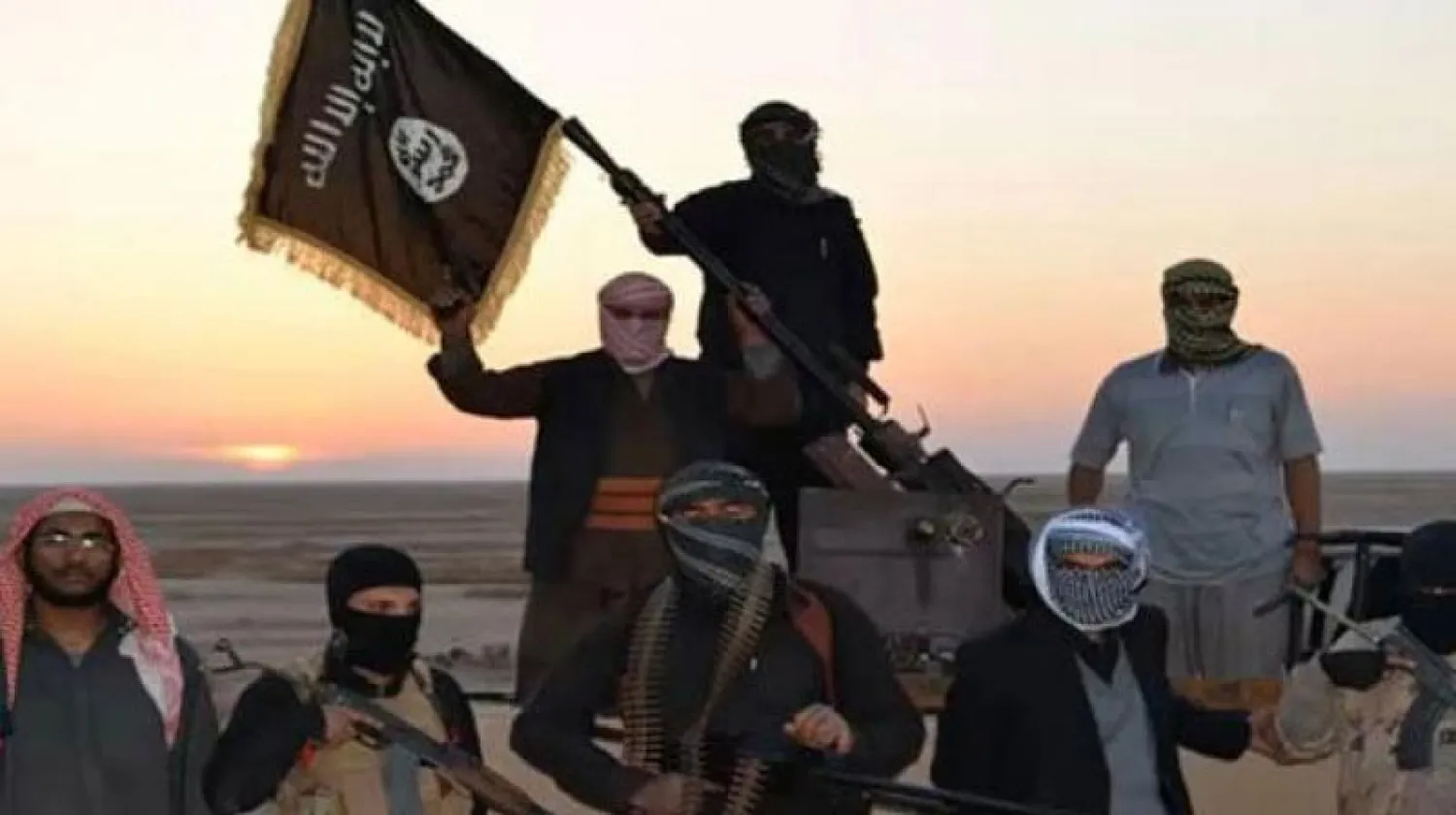I had a strange sensation while I was sitting in the counter-terrorism headquarters in Erbil, amidst hundreds of ISIS men distributed in the prison chambers and cells. In the morning I discussed with Kurdistan Democratic Party leader Masoud Barzani the future of Kurds, Iraq and regional affiliates, and in the evening I interviewed detainees over their motives to join ISIS.
In the headquarters, there are hundreds of detainees from Syrian, Iraqi and other nationalities. There were French and Swedish citizens who were handed over to their governments and there are still three American ISIS members with wide knowledge in the electronic field.
The detainees are questioned then sent to their countries when possible. However, if they have committed crimes on the territory, then they are referred to trial. Regular visits from the International Committee of the Red Cross and humanitarian organizations are made to provide them with medical care.
The detainees’ confessions contributed in revealing several matters on the way ISIS works, mobilizes, intimidates and executes rules. They also unveiled plans for several groups to act in case the ISIS strongholds collapsed. Therefore, some expect that the group will continue to carry out terrorist attacks in the region and the world.
In the headquarters, I interviewed two ISIS men, a Syrian and an Iraqi, in the presence of two guards.
N.A., born in 1990, received his education in Raqqa and enrolled in a technical institution after acquiring his baccalaureate. “I have four brothers and four sisters. At the onset of the revolution I stopped my studies and participated in peaceful protests in the hope that the regime would change,” he said.
He fought in Raqqa with the Free Syrian Army when the confrontation turned into military action. “My uncle was my supervisor. Then the FSA was forced out of the region so I joined ISIS. I did so because I wanted to fight the regime and because ISIS presented itself as the Sunni defender against the regime’s barbarism. My monthly salary was USD50,” he added.
N.A. continued that, “last year, me and four others were asked to sneak to Iraqi Kurdistan in a security mission. My role was to build ties with Peshmerga forces, gain their confidence and promise them to provide information about Raqqa so that I become a double agent … We were ambushed at a border region and were arrested in August 2016.”
Before leaving, he said: “Neither ISIS nor the regime have mercy.”
The ISIS Member from Tal Afar
J.W entered the office with a surprised look on his face. “I live in Baghdad but am originally from Tal Afar. I was born in 1986. I received my intermediate studies, then worked with my father in an electronic devices company. We witnessed the discrimination, assassination and marginalization that the Sunnis were facing in Baghdad especially during the term of Nuri al-Maliki.”
He joined ISIS in 2015 and was a soldier before becoming an administrator in a battalion.
“I feel the regret because like many others I was deceived. We considered that the Sunnis are being threatened and ISIS will defend them … Later on, we discovered that ISIS is the most dangerous method to destroy the Sunnis,” he added.
He handed himself over to the authorities 50 days ago, revealing that his mother visited him and conveyed a threat from his uncle - who belongs to ISIS - that he will kill him at the first opportunity.









